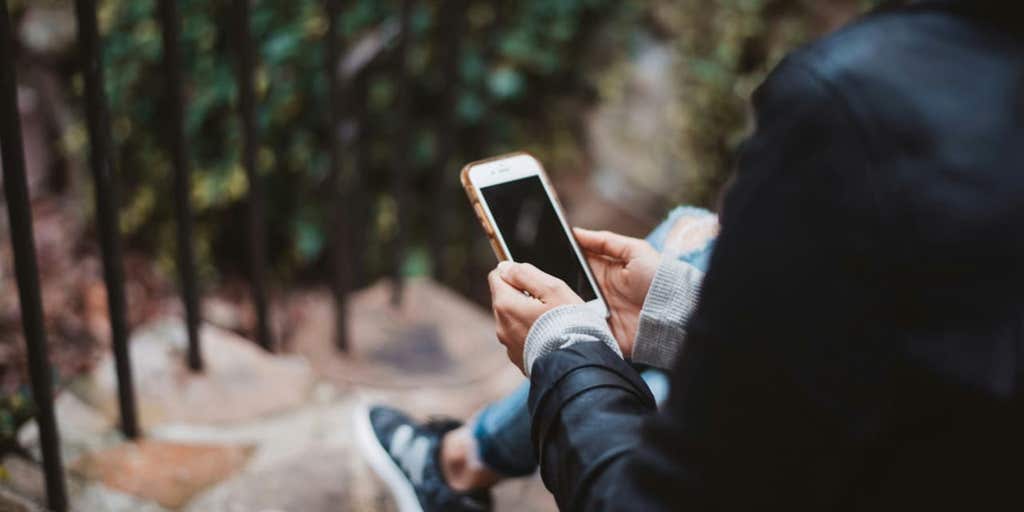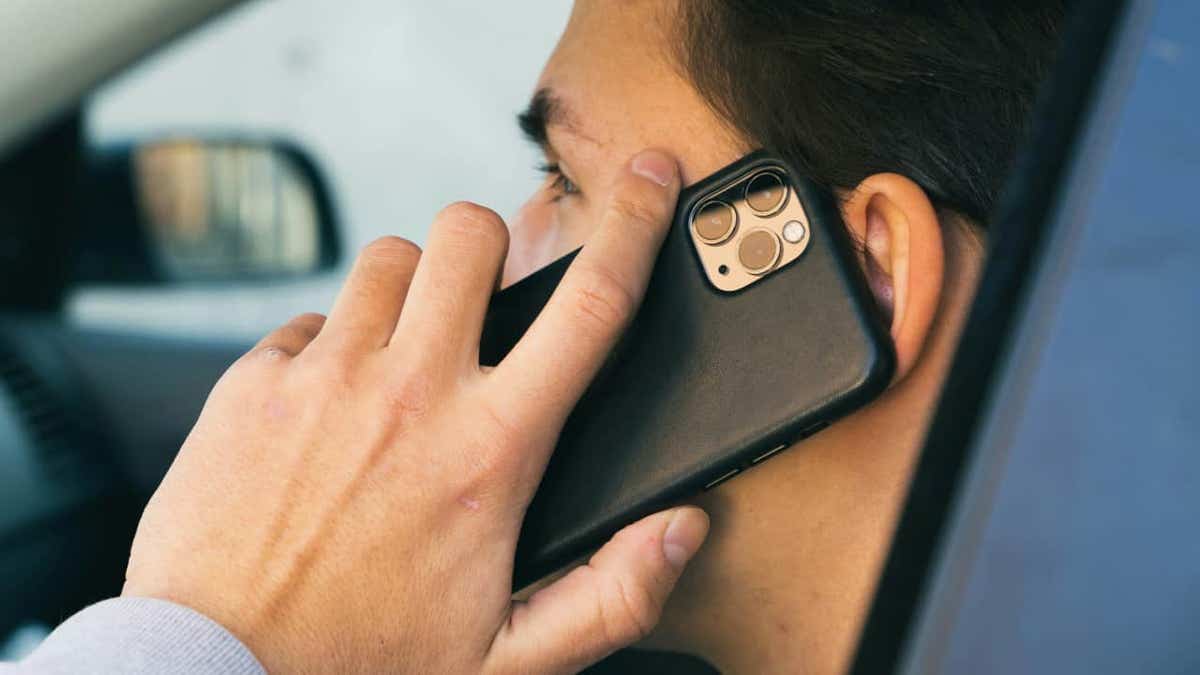Jury-duty phone scams surge as fraudsters impersonate local court officials and threaten arrest
Scammers use spoofed caller IDs and personalized details to demand payment or personal information; authorities urge verification and reporting
Fraudsters are increasingly placing phone calls impersonating local court officials, telling recipients they missed jury duty and face arrest unless they pay or provide personal information, law enforcement and consumer protection groups warn.
Victims report receiving calls that use local court names, cite apparent case or summons numbers and threaten immediate arrest or fines unless a payment is made. The calls often arrive with spoofed caller ID information that appears to be from a legitimate courthouse, making the fraud harder to detect than generic phishing messages.

Investigators and consumer advocates say the scams are highly personalized, sometimes referencing full names, previous jury-service history or local court divisions to convince recipients the call is legitimate. Scammers commonly demand immediate payment by methods that are difficult to trace or reverse, including gift cards, wire transfers or cryptocurrency, and they may pressure victims to provide Social Security numbers, bank information or other sensitive details.
Court systems typically initiate jury service notifications through mail and do not demand immediate payment or threaten arrest over the phone, officials say. People who receive a call they suspect is fraudulent should hang up and verify their jury-service status by calling the court using a phone number listed on the official court website or on previous court correspondence. Law enforcement agencies advise not giving out personal information or sending money to callers who claim to be court officials.

Technology that spoofs caller ID and automated voice systems helps scammers imitate local numbers and create a sense of urgency. Consumer protection specialists say these features make the calls seem more authentic and increase the chances victims will comply. Officials urge people to be especially cautious if a caller insists on immediate payment, requests payment via unconventional channels, or pressures the recipient not to consult with others.
To reduce the risk of falling victim, authorities recommend confirming any jury summons through the court's publicly listed contact information, refusing to provide financial or identifying information over the phone and refusing to pay through gift cards or wire-transfer services. Consumers are also encouraged to report attempted scams to local police and to national agencies such as the Federal Trade Commission at reportfraud.ftc.gov so authorities can track patterns and warn the public.

The jury-duty impersonation scheme is part of a broader shift in scams that move beyond generic phishing emails to more targeted, socially engineered tactics that exploit trust in local institutions. Consumer advocates say awareness campaigns and clear guidance from courts and law enforcement are critical as scammers adapt to new technologies and strategies.
Courts and government agencies generally advise that legitimate legal notices and penalties will be communicated through official channels and that threats of immediate arrest for failure to complete jury duty are uncommon. Officials stress that anyone uncertain about a call should independently contact their local court clerk's office using published contact information before taking any action demanded by a caller.
Authorities continue to monitor reports and urge the public to remain vigilant and to share information about suspicious calls with neighbors and family members, particularly older adults who are frequent targets of these scams.